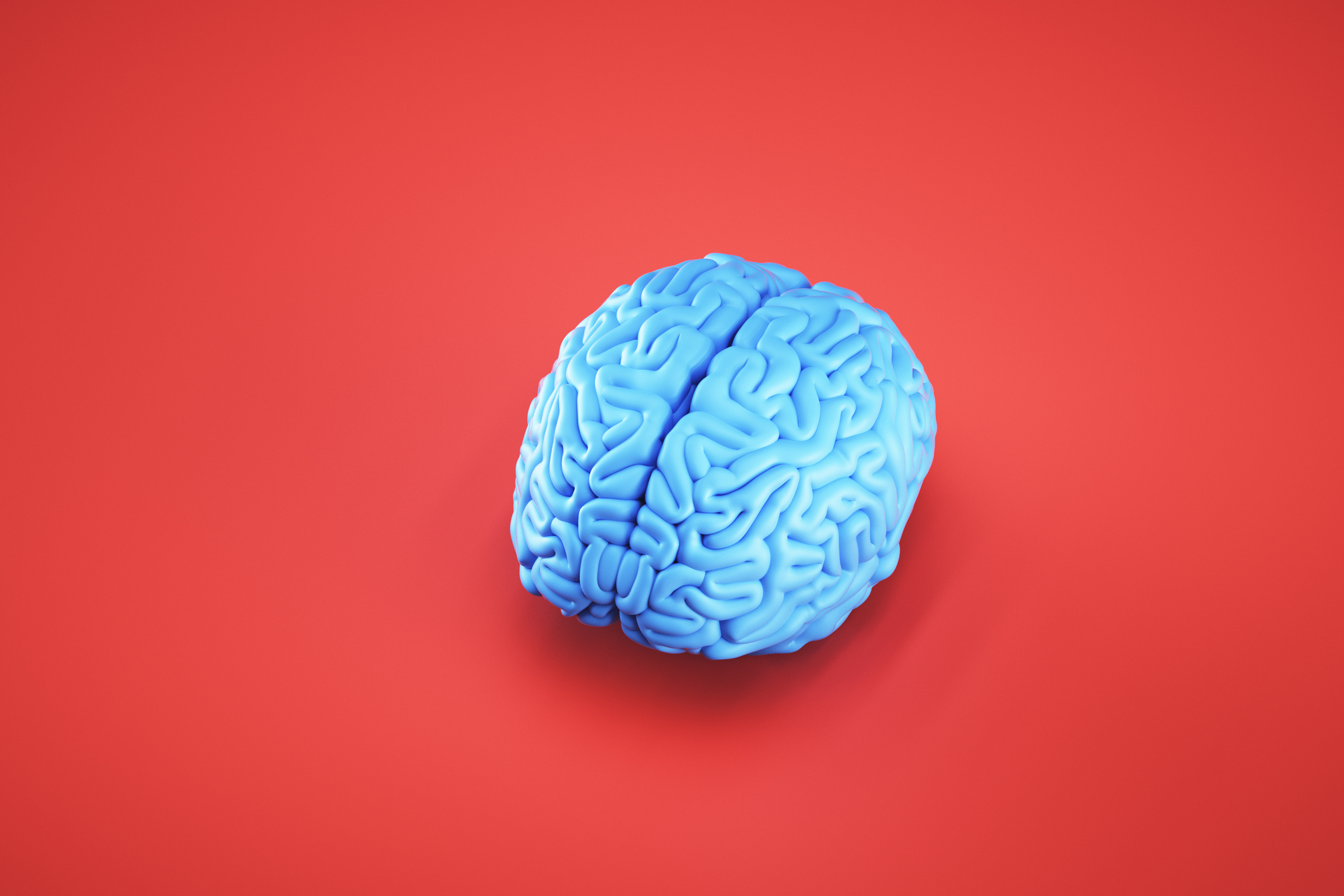- Procrastinators and doers have different brains.
- People who get distracted have a larger amygdala, which is the fear centre.
- This means they are more likely to delay because they are wary of the outcome of a project.
- The way to tackle this is to design your procrastination.
- If you’re going to get distracted anyway, you may as well do something worthwhile with your time.
I’ve already put off writing this article for about a week. Ironic, considering it’s about procrastination.
New research has found that there’s actually a difference between doers — the people who just get stuff done — and procrastinators — the ones who don’t.
In the study, published in the journal Psychological Science, researchers used magnetic resonance imaging (MRI) to study the brains of 264 men and women. Then they filled out a survey to analyse how impulsive or decisive they were. Participants were given a score for decision-related action orientation (AOD), which essentially divided them into doers or procrastinators.
People with poor action control, the procrastinators, had a larger amygdala on average. The amygdala is the region of the brain associated with controlling emotions like fear. It’s also where the fight or flight response is initiated.
“People with higher amygdala volume appear to be more state oriented and therefore tend to hesitate to initiate an intention and tend to delay the beginning of tasks without any good reason,” the authors wrote in the study. In other words, people who procrastinate may be simply be more cautious, rather than lazy.
“Basically people who procrastinate actually have their fear centers light up a lot more,” psychologist Perpetua Neo told INSIDER. “There’s a lot of fear linked in with work, so they need to delay their start.”
Excellence vs perfectionism
This may sometimes be a result of being a perfectionist, and the fear your project, presentation, or article, isn’t going to work out the way you want it to.
“When your fear center is super involved like that, of course it’s going to feel scary to start your project or assignment,” Neo said. “So what do you do? You delay.”
One way to tackle this is to realise the difference between perfectionism and excellence. Perfectionists measure themselves by their last piece of work. If it wasn’t perfect, their self-worth decreases.
“When you add the busy mind, the avoidance, the bad kind of distractions, regret, the lack of self worth and value, and the whole relentless expectations together, it’s a potent cocktail,” Neo said. “Your fear centers will light up more and more.”
Excellence is where your worth becomes who you are, and there isn’t so much emphasis on proving yourself every single time.
“You can reference your track record even if it’s not the best or the most impressive because you’re proud of it,” said Neo. “You don’t need to be top in all things. Just because you slipped up in one thing doesn’t mean you suck at everything.”
The answer isn’t to stop procrastinating, but to procrastinate better
“I actually think procrastination is a great thing,” said Neo. “And if you’re going to procrastinate, you may as well design your procrastination. Because actually, life is what happens when you procrastinate.”
If you know you’re going to get distracted for several hours before your deadlines, then you could spend that time going out in the world, doing things you enjoy, or even learning something new, like a language or skill.
“Play is when you learn and get creative, so don’t feel bad for playing,” Neo said. “If you were to design your procrastination, get your s–t done, enjoy yourself, and maybe enjoy a new skill, then how happy will you be?”
Take baby steps
One of the simplest ways of tackling procrastination is to make your goals really concrete, and not to be too overwhelming. Behavioural scientist B. J. Fogg came up with a method called “tiny habits,” which is all about taking baby steps.
For instance, if you want to convince someone to floss their teeth, you get them to floss one tooth. Once you put in the thread and floss one tooth, you’re going to floss them all. Or, if you want to get fitter, tell yourself to do one pushup when you wake up. You’ll probably end up doing 20 or 30.
You should also stop scolding yourself when you don’t feel motivated. You shouldn’t be relying on motivation to come, Neo said, you should be relying on momentum.
“It’s about creating those small steps: what can I do today? And then rewarding yourself,” she said. “A lot of people think I’m only going to reward myself when I reach this amazing thing. Except that means they’re going to burn out.”
If you work out for seven days straight, then reward yourself with a brownie, dopamine is going to flow to the reward centers of your brain, and you’ll want to keep up the routine. You’re creating a virtuous cycle, instead of a viscous one where you punish yourself.
Also, when you listen to the criticising voice in your head, you may notice it isn’t yours. The words may belong to someone from your past, such as your mother, father, or teacher.
“You can always find a way, or hire someone to find a way to turn that voice down,” said Neo. “Because when everybody shuts up you can do a lot more.”
Originally published at www.thisisinsider.com
More from Business Insider:
WayUp CEO and cofounder LIz Wessel always knew she wanted to be an entrepreneur.
A CEO and former Googler shares 2 tricks for cold emailing anyone
12 highly influential people share the morning routines that set them up for success
Follow us here and subscribe here for all the latest news on how you can keep Thriving.
Stay up to date or catch-up on all our podcasts with Arianna Huffington here.


